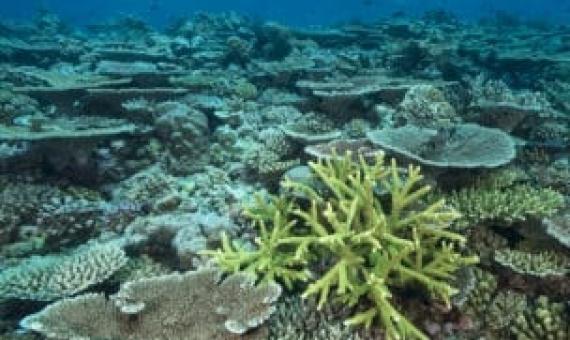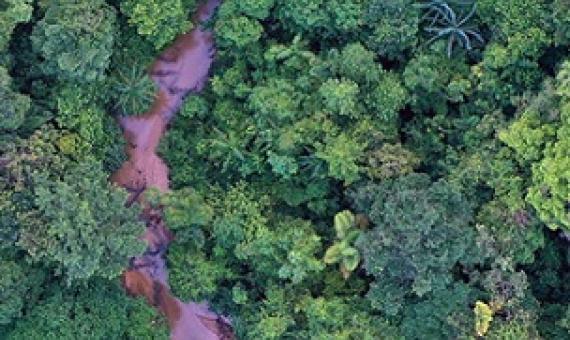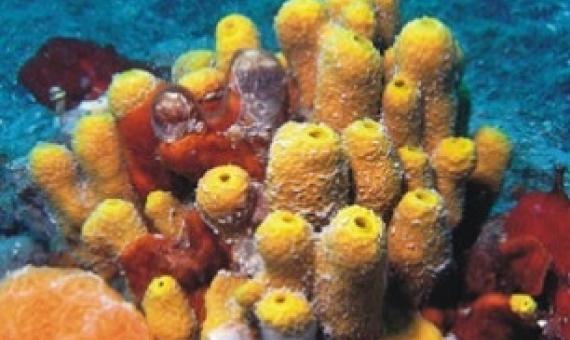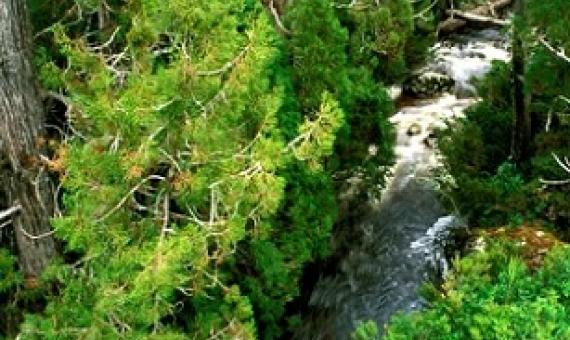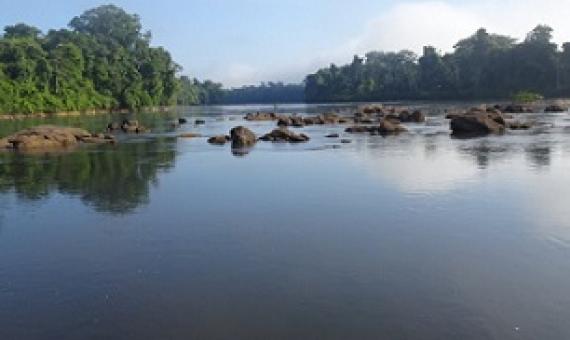Scientists have developed a new way to model and map the health of coral reef ecosystems using data collected on the Khaled bin Sultan Living Oceans Foundation’s Global Reef Expedition.
A one-year-old kākā had to be euthanised after being shot in the latest of a series of shootings against other protected wildlife in Auckland. The Department of Conservation (DOC) initially found the bird alive on 13 May after it was shot in Whangateau on Auckland's northeast coast.
A new report released in the leadup to the “Our Planet, Our Future” Nobel Prize Summit, provides an overview of the numerous challenges facing our planet due to human pressures, including the transgression of several planetary boundaries that help regulate and stabilize the Earth...The authors sa
Coastal ecosystems worldwide support an estimated 80% of the global annual fish catch and provide an estimated US$12 trillion in socio-economic benefits known as “ecosystem services,” so it’s vital to understand how their characteristics influence how they are changing.
In recent times, communities in the Western Province of Solomon Islands have seen a drastic decrease in fish numbers in their common fishing grounds. Two coastal communities that rely on the ocean for survival are Nusa Baruku, on Gizo Island, and Babanga...The communities need assistance fro
Humans have made a remarkable impact on the planet, from clearing forests for agriculture and urbanization to altering the chemistry of the atmosphere with fossil fuels.
Leading scientists working across Australia and Antarctica have described 19 ecosystems that are collapsing due to the impact of humans and warned urgent action is required to prevent their complete loss.
A team of researchers from several institutions in France and China has conducted a decade-long study of the degree of human impact on river systems around the world over the past two centuries.
Underestimating the Challenges of Avoiding a Ghastly Future
We report three major and confronting environmental issues that have received little attention and require urgent action. First, we review the evidence that future environmental conditions will be far more dangerous than currently believed. The scale of the threats to the biosphere and all its lifeforms—including humanity—is in fact so great that it is difficult to grasp for even well-informed experts. Second, we ask what political or economic system, or leadership, is prepared to handle the predicted disasters, or even capable of such action.

